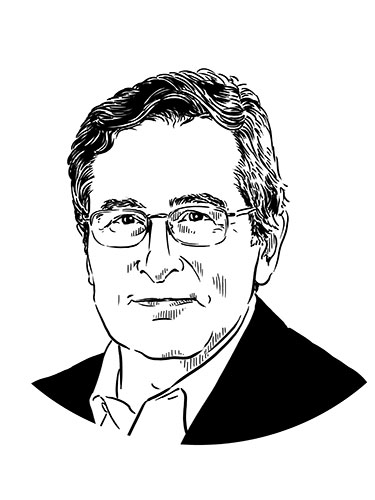More! (02/2021)
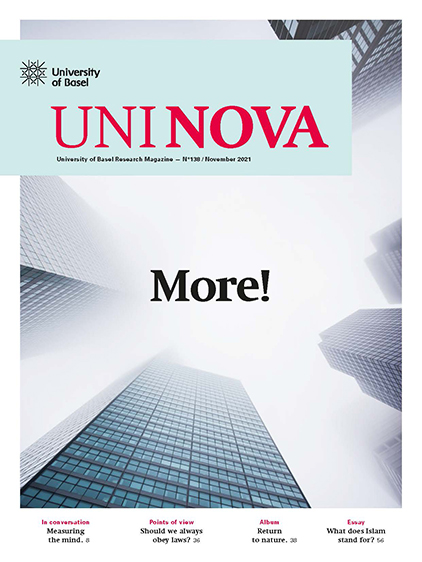 Download (PDF, 10 MB)
Download (PDF, 10 MB)
Humankind is always seeking to move forward, to make everything bigger and better. In other words, we’re always trying to achieve more. Here, we take a look at different aspects of growth.
Subscribe to UNI NOVA-
 Dossier
Dossier«Even mathematicians sometimes get it wrong.»
Text: Tim Schröder / Many countries were caught off guard by the rapid surge in Covid-19 cases. Mathematician Helmut Harbrecht discusses the mathematics behind exponential growth – and why we have such a hard time wrapping our heads around it.
-
 Dossier
DossierStronger together.
Text: Noëmi Kern / Bonding together with like-minded people is part and parcel of human nature. What this can achieve can be seen in the example of the Gundeldinger Feld development in Basel. Far from being a threat, growing and heterogeneous societies actually represent an opportunity in this context.
-
 Dossier
DossierKünstliche Intelligenz räumt auf.
Text: Yvonne Vahlensieck / Die Zahl der Fotos und Videos, die jeder Mensch im Laufe seines Lebens ansammelt, wächst ins Unermessliche. Um den Überblick zu behalten, müssen wir uns auf technische Lösungen verlassen. Dies birgt auch Nachteile.
-
Dossier
An end to endless growth?!
Text: Samuel Schlaefli / Environmental economist Frank Krysiak and environmental ethicist Andreas Brenner agree on one thing: Our economy needs to become more sustainable. Should we have to reject the growth paradigm in order to achieve that goal? Three arguments for and against a post-growth economy.
-
 Dossier
DossierA model to feed the world.
Text: Catherine Weyer / The world population is growing – and with it demand for food. With a view to satisfying this appetite in the future, Ruth Delzeit and her team model how to make the best use of the land available to us.
-
 Dossier
DossierWeighty questions.
Text: Santina Russo / An increasing number of people are severely overweight. Researcher and physician Professor Katharina Timper is on the case, offering consultation and treatment for patients at the obesity outpatient clinic at University Hospital Basel. She often finds herself correcting misconceptions.
-
 Dossier
DossierA better way to save.
Text: Martin Bornhauser / The point of investing is to multiply your assets – as a provision for older age, for example. Shares offer a higher yield than a retirement savings account. When choosing a private pension plan (known as pillar 3a in Switzerland), fees and transparency are important considerations.
-
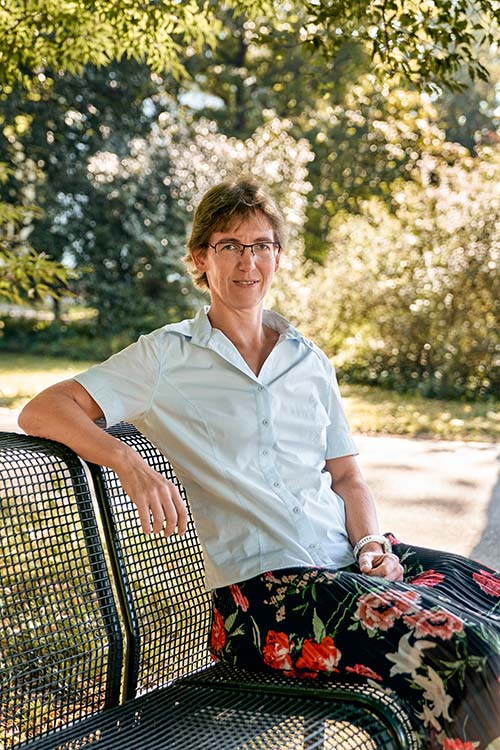 In conversation
In conversationMeasuring the mind.
Interview: Urs Hafner / The soul is less susceptible to medical examination than a conspicuous skin blemish or a broken leg. Annette Brühl believes blood tests and brain scans could unlock new possibilities for psychiatry.
-
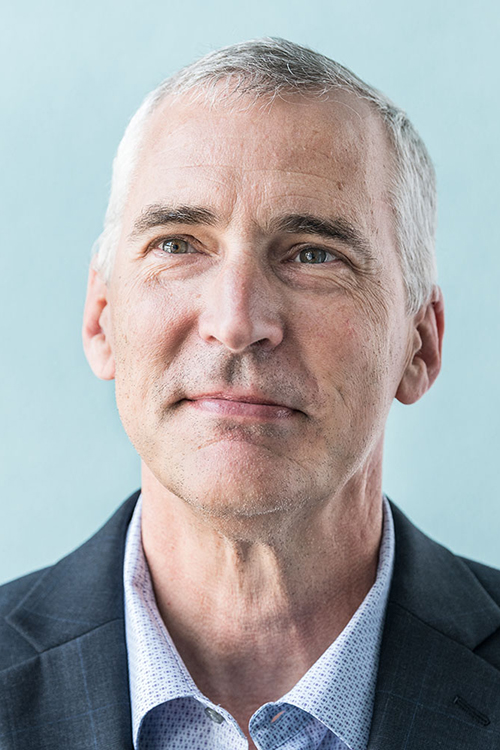 Portrait
PortraitStraightforward tenacity.
Text: Irène Dietschi / In summer 2020, Scott McNeil assumed the first of two endowed professorships in nanopharmacy. Moving to Switzerland in the middle of the pandemic was an adventure, but the American scientist has lots of experience with new beginnings.
-
 Research
ResearchTraining for the heart.
Text: Andreas Grote / Sports and physical activity are known to help reduce blood pressure. The specific exercises that are most effective in achieving this goal have been explored by researchers in Basel as part of a European initiative.
-
 Research
ResearchRobert, what does that say there?
Text: Noëmi Kern / When we read a book, we seldom ask ourselves how the text originated or how closely what we are reading corresponds to the original version. That, however, is precisely what the producers of text critical editions must consider. A research team in Basel is currently working on such an edition of the complete works of Robert Walser.
-
 Research
ResearchImmigrant, female, poor.
Text: Christoph Dieffenbacher / The maid in the white apron has had her day in service. More and more people, however, are being employed to work in households – mostly women paid a small wage. A Basel historian is investigating how paid domestic work developed during the 20th century.
-
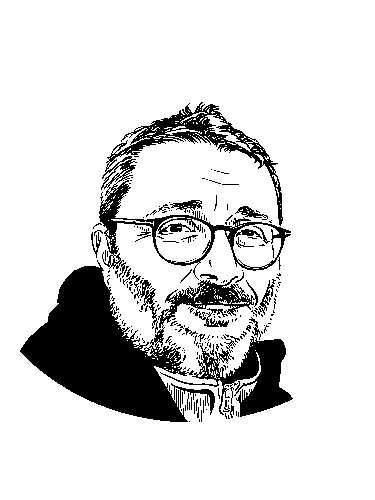 Opinion
OpinionShould we always obey laws, Markus Wild?
Text: Markus Wild / Anyone who breaks an existing law must face the consequences. What reasons are there for not obeying the law in spite of this?
-
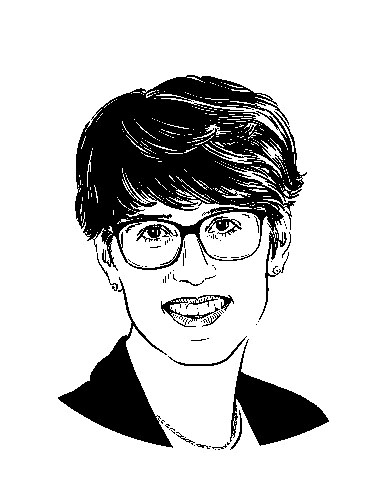 Opinion
OpinionShould we always obey laws, Raphaela Cueni?
Text: Raphaela Cueni / Anyone who breaks an existing law must face the consequences. What reasons are there for not obeying the law in spite of this?
-
 Column
ColumnDystopia as a mirror to society.
Text: Anna Karško / My book: literary scholar Anna Karško recommends two of her favorite books about futuristic dystopias.
-
-
Alumni
An eye for risks and potential.
Interview: Bettina Volz / Is a newly marketed drug really safe? Epidemiologist Rahel Schneider identifies and quantifies the risks of drugs at Novartis in Basel. In addition, as a former scholarship holder, she is involved with the Swiss Study Foundation in screening young applicants.
-
Alumni
Networks support new start.
Text: Fabienne Gribi / Fabienne Gribi studierte in Basel Jurisprudenz und schloss 2012 ihre Anwaltsprüfung ab. Heute ist sie in New York als Unternehmensberaterin im Bereich Nachhaltigkeit und Innovation tätig.
-

